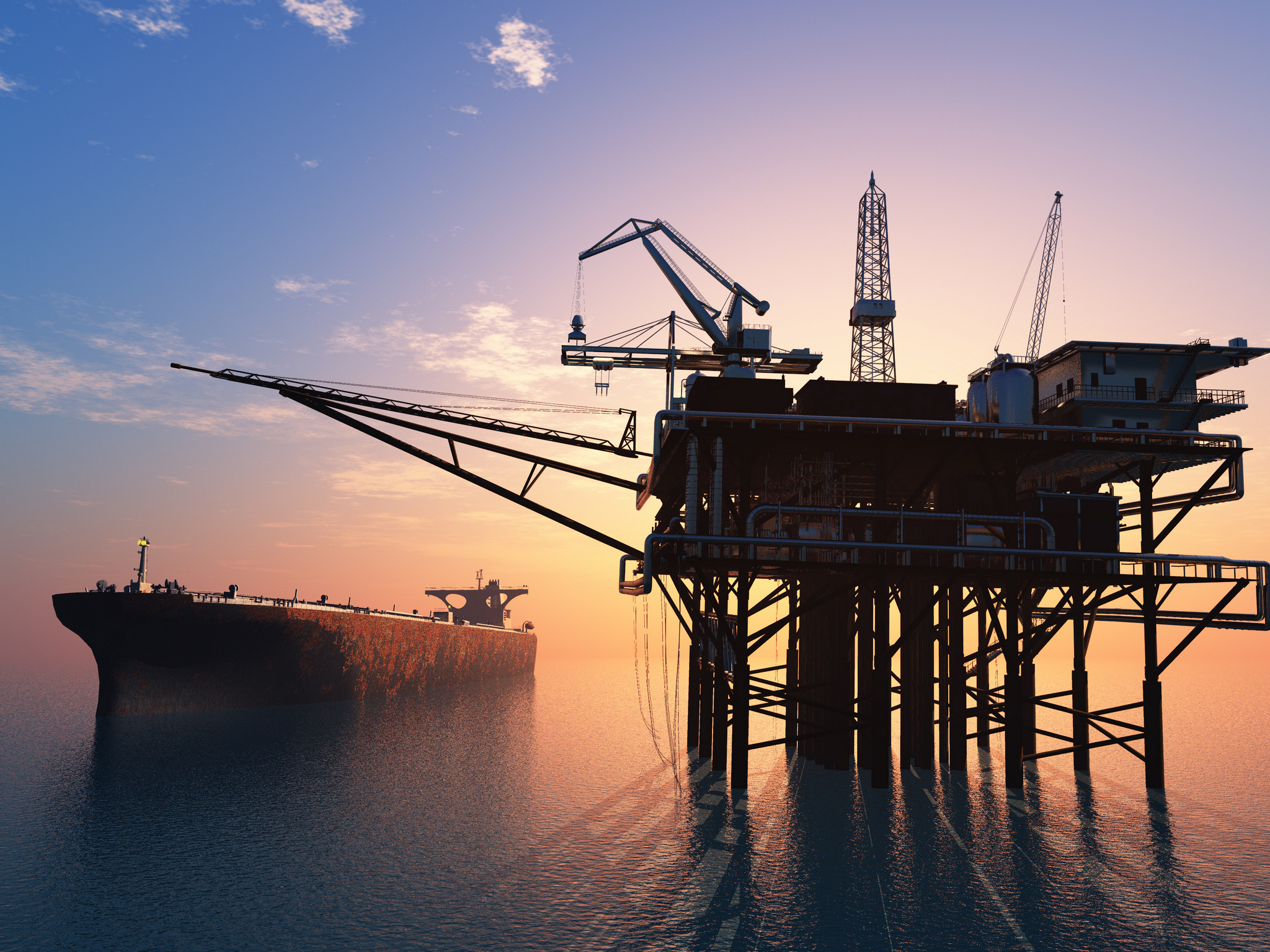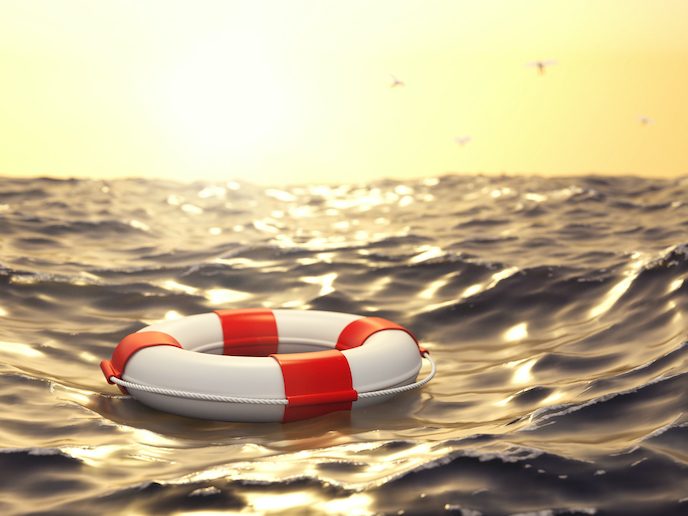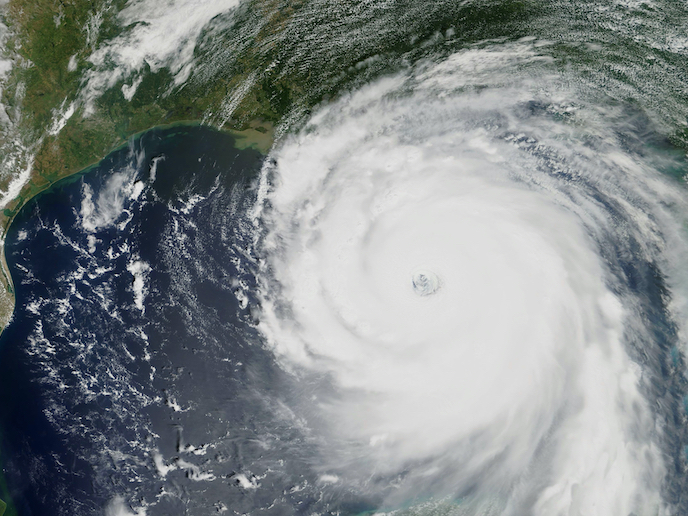Innovative technology gives maritime systems an upgrade
More and more countries are committing to the United Nations initiative(opens in new window) for net zero carbon emissions by 2050. This ambitious goal, together with fast-moving technological advances and unpredictable, often extreme climate conditions, has created the need for improved maritime systems management. The RESET(opens in new window) project, a collaboration between European and Asian researchers, provided risk modelling and decision-making tools to meet this need. This research was undertaken with the support of the MarieSkłodowska-Curie Actions(opens in new window) programme.
A focus on maritime systems
Maritime infrastructure includes many elements, and each engineering system has particular stressors that need to be assessed. According to project coordinator Jin Wang: “Maritime systems are experiencing an increased complexity due to a large number of components and sub-systems and the introduction of automation to increase cost-effectiveness.” Researchers deployed sophisticated numerical and assessment tools to analyse the systems studied. These tools included uncertain data analysis methods, expert knowledge elicitation methods, and probabilistic and possibilistic risk estimation methods. Reliability assessment methods based on Monte Carlo simulation and Finite Element Analysis were also used, as well as fatigue and fracture modelling of engineering structures. During the course of the project, the consortium produced 28 papers published in peer-reviewed journals, including an evaluation framework(opens in new window) for assessing maritime safety systems. Researchers focused on maritime systems such as ships, offshore oil and gas installations, and wind turbines. Case studies were developed to assess these systems. Publications that emerged from this work reported on the resilience of offshore wind turbines during earthquakes and analysis of the most desirable locations for floating wind farms. Papers also reported on the resilience of ships stuck in sea ice and the reliability of pipelines impacted by corrosion.
Opportunities for early-stage researchers
The RESET consortium included research institutes from China, Germany, Finland, Malaysia, Portugal, Thailand and the UK. According to Wang: “This project has provided a great opportunity for our researchers, particularly young researchers, to develop their skills and gain experience in the fields that are likely to drive maritime engineering and technology research over the next decade.” International collaboration allowed early-stage researchers (ESRs) to develop professional contacts in a global setting. ESRs had the opportunity to work with some of the most experienced and highly regarded experts in maritime engineering, and they had the chance to work directly with cutting-edge technologies that are transforming their field. RESET impacted institutions as well as individuals. Consortium institutions from Europe and Asia have partnered to create dual PhD programmes in engineering and maritime technology. These international collaborations are setting the stage for a new era of technological growth and information sharing on the global stage. As a research-oriented project, RESET has done much to raise awareness in maritime industries about novel approaches to safety and reliability modelling. In addition to published papers, RESET has presented 19 papers at international conferences and organised 8 workshops on specific topics. Climate change and rapid growth in technological capacity are transforming maritime industries and posing new issues for problem solvers. RESET, with its focus on preparing the next generation of maritime engineers and developing safe, reliable and sustainable engineering systems, is meeting the challenge.







